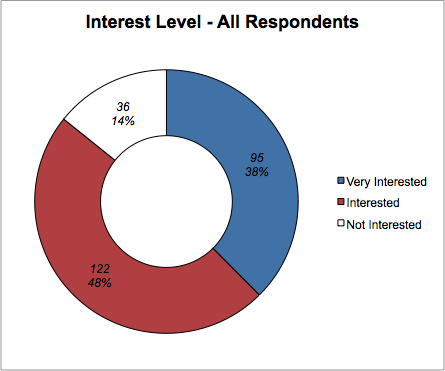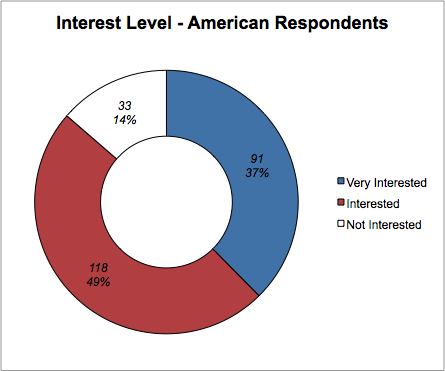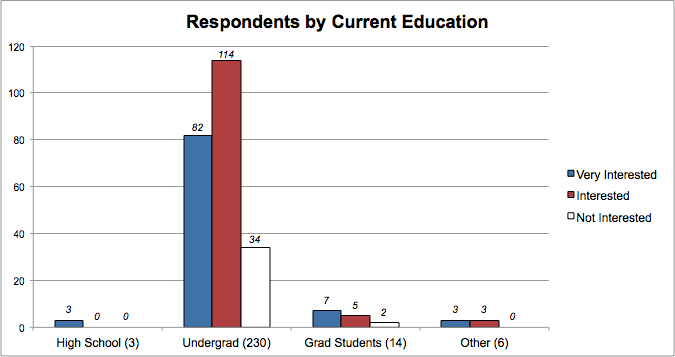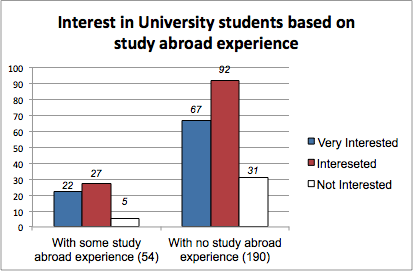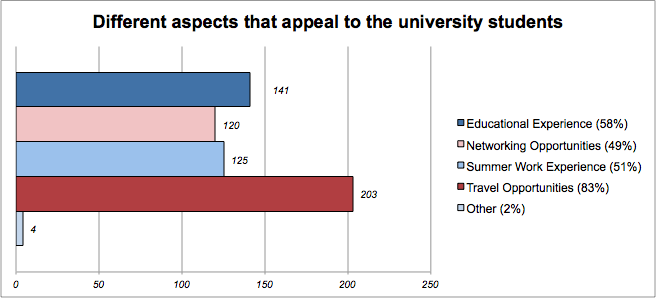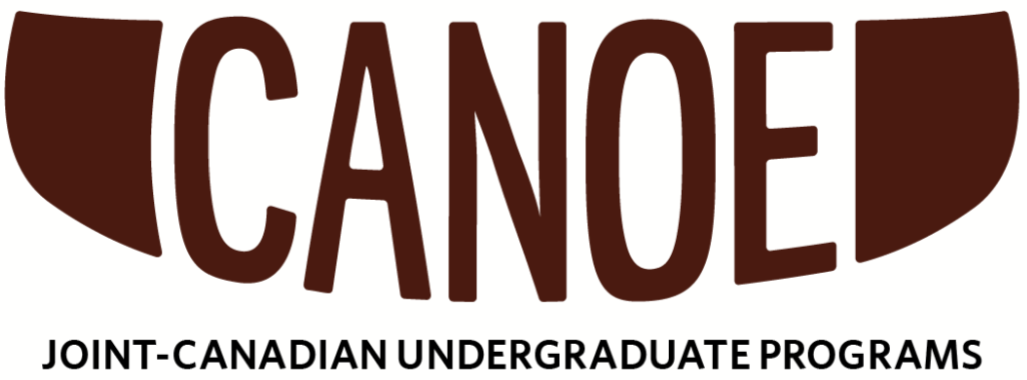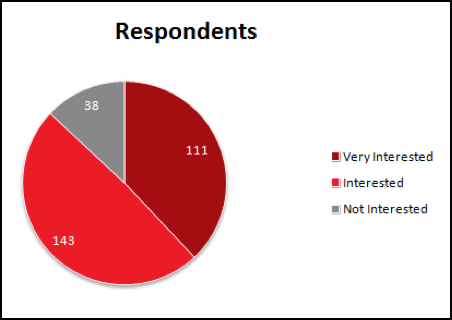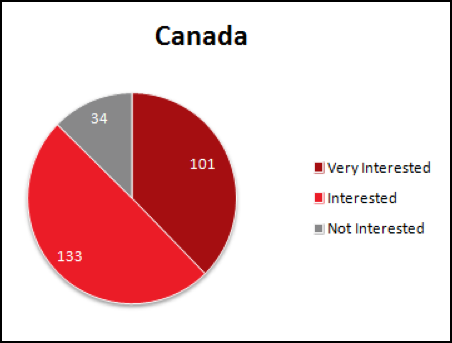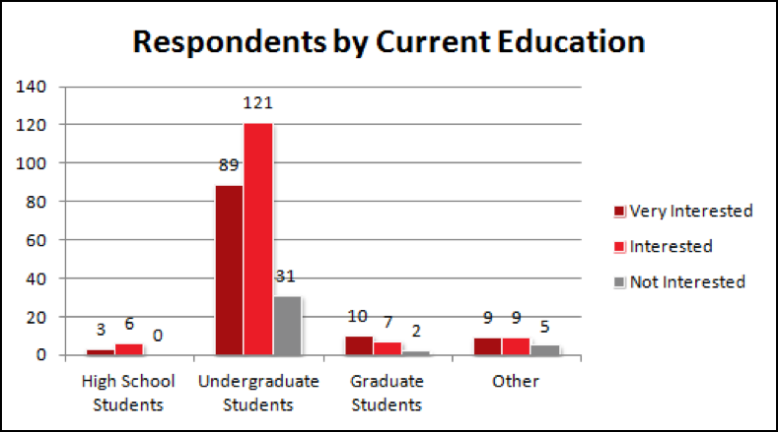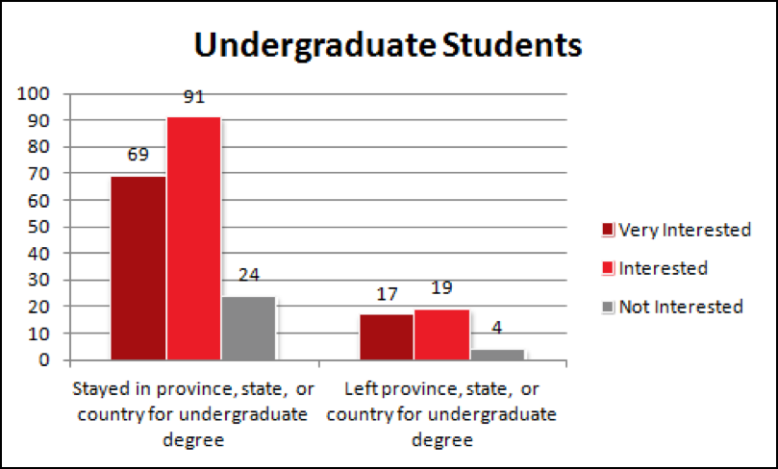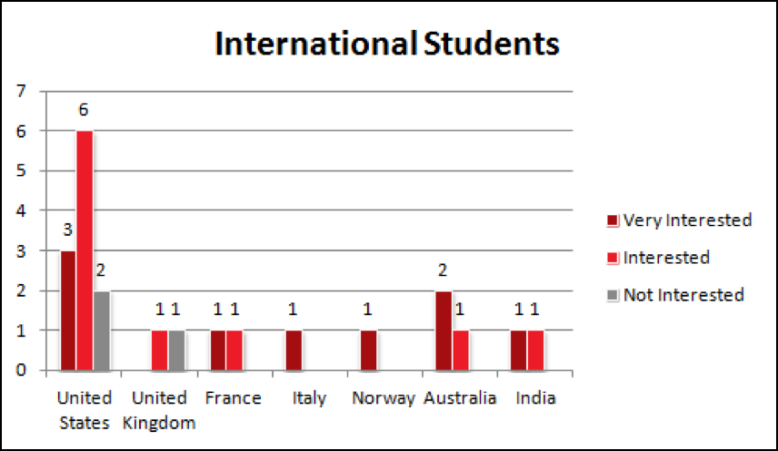As part of the research program for Canoe, we reached out to student’s studying at the Richard Ivey School of Business at Western University in London, Ontario. This respected, innovative, case-based business education is only taken during the final two years of students’ undergraduate degree. The first two (or three) years are spent studying whatever the student wants: from Fine Arts to Engineering. Many students transfer to Ivey in their third year from other institutions across the country. This helps business students develop a broad-base as well as sharp analytic skills to identify and execute entrepreneurial solutions to a wide range of problems.
Ivey has a close relationship with the University of King’s College in Halifax, Nova Scotia. King’s is Canada’s oldest chartered University, located on the edge of the Dalhousie University campus. King’s offers the illustrious Foundation Year Program, lovingly known as FYP. FYP is an intensive “great books course” where:
the journey begins in the ancient near East, in Egypt and
Mesopotamia, and winds its way through Plato’s Republic, into the garden with St. Augustine and through Dante’s circles of Hell. Entering the modern world, students bear witness to the temptations of Faustus, experience the effects of Descartes’s earth-shaking doubt, and confront the contemporary epoch with Nietzsche, Darwin, Freud, and many others.
Dylan Anderson took both programs, transferring from King’s to Ivey in his third year. Dylan will be graduating with FYP from King’s, a BA in Political Science from Western, and an Honours Business Administration from Ivey under his belt this spring. Geoff Evamy Hill interviewed him in January.
Geoff: Where did you do your first two years of University? In what subject? Did you know you were going to do the HBA? Did you do an international exchange?
Dylan: I did my first two years at the University of King’s College in Halifax. I also did quite a few courses at Dalhousie during my second year. The first year was primarily the Foundation Year Program, which is a combination of English, History, Philosophy, and Sociology. My major for my first two years was Political Science. I did not know I was going to do an HBA and kind of just found out about it during my second year. Then I decided to go down that path. Prior to my HBA I did a year at Western to fulfill some other requirements.
G: Did studying at two different universities enhance your experience? What were the main benefits and challenges?
D: I think studying at two universities did enhance my experience. Especially given that in my program I was able to get a diversified experience in the academic realm. I think this benefited my ability to get more out of my HBA experience because my background is different than everybody else here. I also enjoyed the fact that I met people and have a network at both schools. Some challenges, however, is getting to know people at a new university and getting used to everything here. It is much harder to get involved not going here in my first year and having a core group of friends. Luckily I have a lot of high school friends who I moved in with and was able to get acquainted with more people from there.
G: How could the experience of studying at two universities have been better?
D: I think the experience could have been a lot better if there was more coordination between the schools academic departments. If credits were easier to transfer over and the administration was more receptive to certain situations I could have filled my requirements in the summer before 3rd year. I would not have had to do an extra year full year at Western to get certain credits.
G: Do you believe it gives you an employment advantage? In what way do you feel “better educated” your Western only peers?
D: I think in the long run it does make me more employable in a way. I have had a lot of different experiences with different people. My perspective is not that of a normal business major as I have done courses in philosophy and political science. The breadth of background that I bring from my past school is not something you can get if you do MOSS [Management and Organizational Studies] at Western and then go right into Ivey. Finally, having taken the risk to come to a new school was something that was hard for me to do. But since the venture has paid off, I am more prone to take risks to enhance my career and learn more from various people.
G: Take a look at the Canoe information sheet . What questions and feedback do you have?
D: I really like the idea, I think it is something students could benefit from very well and if executed properly could be widely recognized from high school students to participate in. The problems I see with it potentially are the difficulties with becoming immersed in a university culture one year and then leaving right after that. It was extremely hard for me to leave King’s even though I knew I wanted to go to Ivey, and doing that every year may be difficult. Another thing is getting acclimatized to new schools and social circles. The only reason I enjoyed my Ivey experience was because I was living with 3 of my best friends from high school and I had a fallback group of friends. If only a couple people did this program it may be difficult for them to fit in to a new place every year. I would also suggest maybe programs based on different interests (like the Canadian cultural thing, or breadth of academics similar to what I did). Lastly, it will be hard to work with professors and gain valuable research experience. Transferring for me meant I could not complete a thesis, or extensive research project, which is difficult for me as I still have a strong association with Political Science. It may also be difficult to get professor recommendations.
Dylan’s feedback has been incredibly useful for developing Canoe. Canoe will be cohort based, so that each entry-year of the program travels and takes core classes together over their four years.
